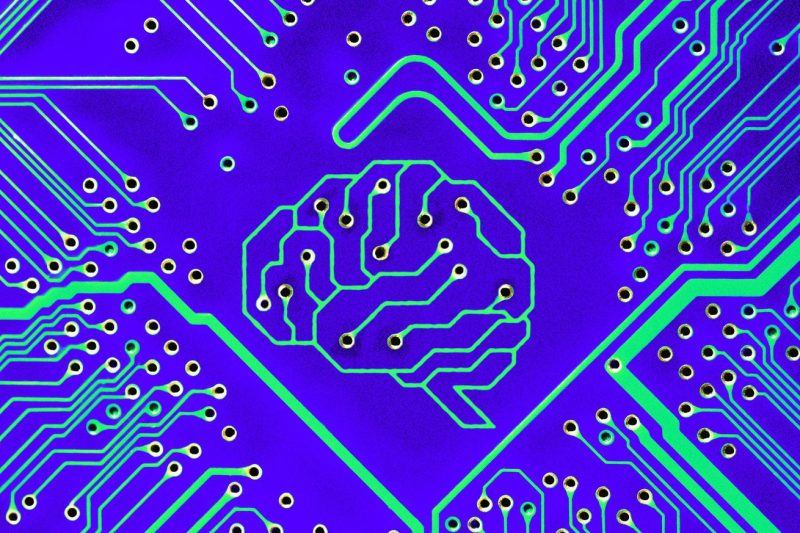The advancement of artificial intelligence has opened up new possibilities and opportunities across various industries. One of the latest breakthroughs in AI technology comes from OpenAI, which has transcribed over a million hours of YouTube videos to train GPT-4.
This ambitious project marks a significant step forward in natural language processing and machine learning. By inputting massive amounts of video data into GPT-4, OpenAI aims to enhance the AI model’s understanding of human language and improve its ability to generate coherent and contextually relevant responses.
Transcribing such a vast amount of video content is no small feat. It requires sophisticated algorithms and computational power to process and convert audiovisual information into written text. The transcription process not only involves accurately decoding spoken words but also capturing nuances, emotions, and other elements that contribute to a holistic understanding of the content.
The implications of this project are far-reaching. Training GPT-4 on a diverse range of YouTube videos exposes it to various languages, accents, and contexts, leading to a more robust and versatile AI model. This could potentially improve the accuracy and relevance of AI-generated content, such as text generation, chatbots, and language translation services.
Moreover, leveraging YouTube videos as training data offers a rich source of real-world information and interactions. By analyzing the content of videos, GPT-4 can better grasp cultural references, slang, and informal language that are prevalent in online communication. This broadens the AI model’s knowledge base and enables it to produce more engaging and authentic responses.
However, the use of vast amounts of user-generated video content raises important ethical considerations. Privacy concerns, data security, and potential biases in the training data must be carefully addressed to ensure responsible AI development. OpenAI must adhere to ethical guidelines and transparency standards to mitigate any risks associated with using such a large and diverse dataset.
In conclusion, OpenAI’s initiative to transcribe over a million hours of YouTube videos for training GPT-4 represents a significant milestone in AI research. By harnessing the wealth of information embedded in online videos, this project has the potential to enhance the capabilities of artificial intelligence in understanding and generating human language. As technology continues to evolve, it is crucial to balance innovation with ethical considerations to ensure that AI benefits society in a responsible and sustainable manner.


























